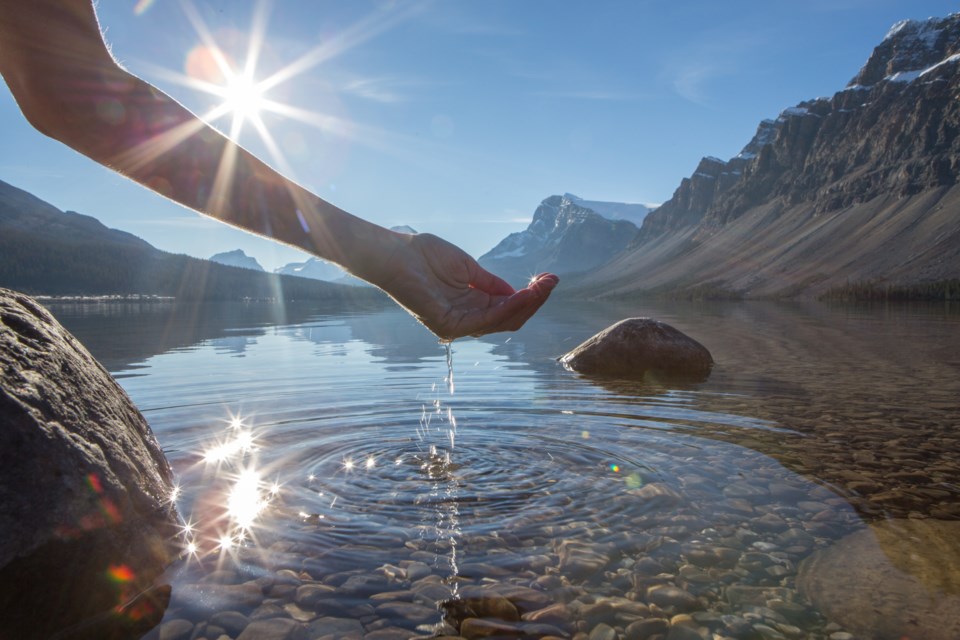Imagine a stranger walking into your house, dragging their dirty shoes over your carpets and helping themselves to whatever is in your cupboards.
That might just be how Mother Nature feels much of the time in the relationship to humanity. The same might be said for the First Peoples of the lands we all now call home.
Approaching the use of the earth’s resources and land ownership with the same sensitivity you would entering a stranger’s home might be a good place to begin righting our imbalanced relationship with them. Sometimes we unwittingly act more like looters than stewards of the earth.
The more we witness the planet and its creation’s majesty, the more ridiculous it is to imagine we could ever claim ownership over any part of it. The earth is alive and autonomous and many cultures have such acknowledgement embedded in their language.
Trees are people. Rivers have stories. Seeds are never owned.
Before we build or plant, demolish or cut down, we could pause and observe. That pace of movement isn’t the norm in western culture but we can begin to invite it no matter how foreign.
It might start with appreciating the food on our plate and calling to mind and heart where it came from and what was required to get it into our willing stomachs. Planting a garden, no matter the size, or supporting local farmers’ markets also gets us in tune with the growing season, the deep satisfaction of knowing where our food comes from, and the miracle of a seed sprouting into food for our pantry.
Expanding our awareness outward, we can look at the objects we bring into our lives with greater reverence, calling to mind what it might have required to make them.
Learning how to make or repair something we would normally buy or have fixed is a wonderful way to reconnect to the true story of things in our world. There is nothing like firsthand experience to bring a greater sense of patience and appreciation for how easily we acquire so much of what we rely on.
We live lives of relative luxury compared with generations past, but this comes at a cost, both to the earth and to us. The cost to the earth is becoming obvious with depleting agricultural lands, rising temperatures, hiked gas prices, and seeds and animals disappearing altogether.
The cost to us may be more subtle and yet of profound importance. The more disconnected we are from the land that sustains us, the less we can learn its encyclopedia full of wisdom, readily available to those who look up from their screens and step out of the fast lane.
It’s all about relationship, and relationship is forged through shared experience and unfolding of personal stories. This takes time, but is so enriching.
When time or body won’t allow us to get as involved in taking care of our daily needs, we can honour the earth by learning about it. Unwinding with the family watching an enthralling nature series can get everyone more in tune with the natural world.
There are free, short films available on WaterBear and elsewhere online.
Slowing down enough for reverence could be our greatest gift to ourselves, the earth and future generations.
Let’s Talk Trash is qathet Regional District’s waste reduction education program. For more information, email [email protected] or go to LetsTalkTrash.ca.




